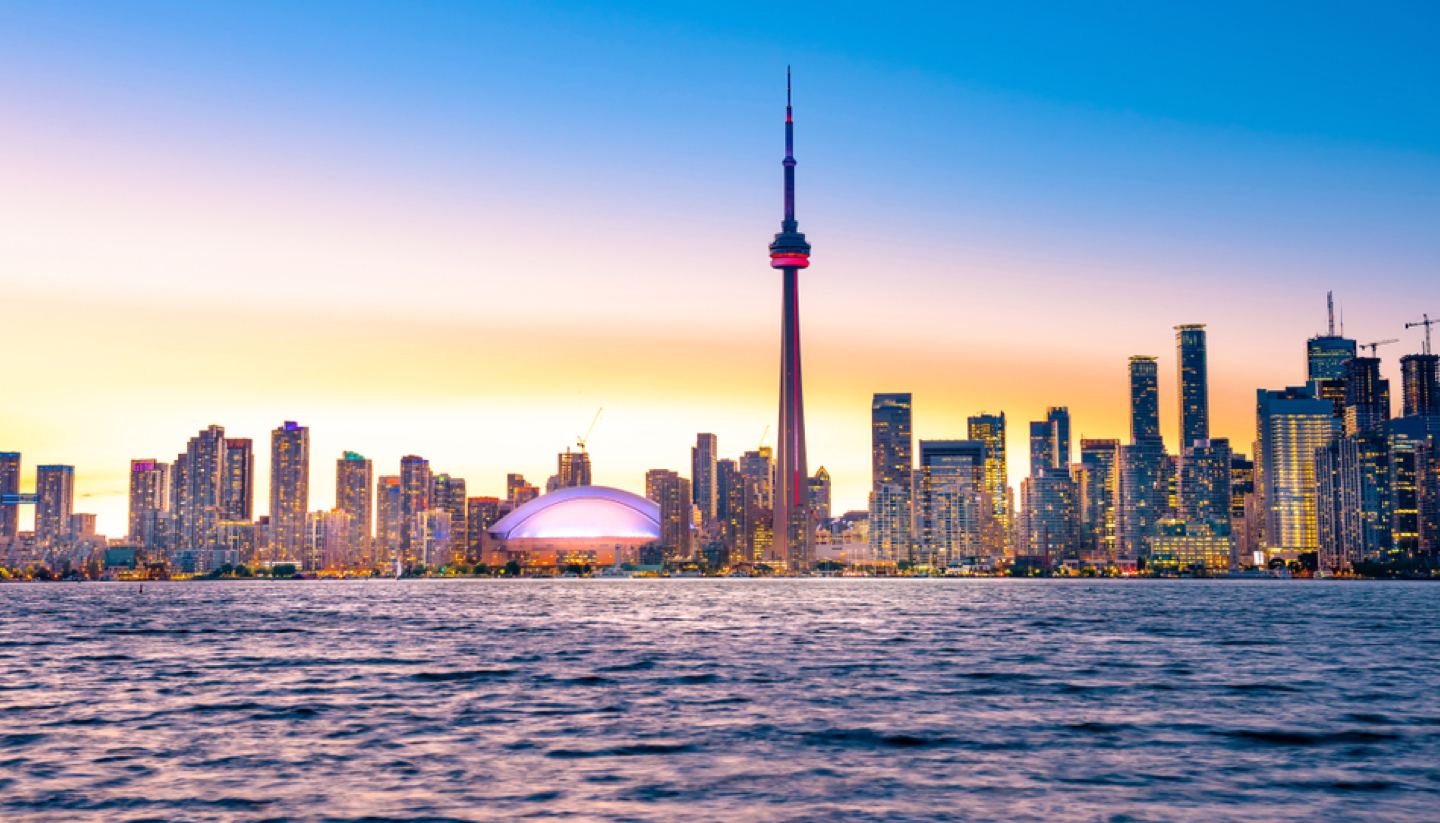Canada Visa and Passport Requirements
| Passport required | Return ticket required | Visa Required | |
|---|---|---|---|
| British | Yes | Yes | No |
| Australian | Yes | Yes | No |
| Canadian | N/A | N/A | N/A |
| USA | See below | No | No |
| EU | Yes | Yes | No |
Passports
All travellers, including those from the UK, Australia, the USA, and Europe, must present a valid passport to enter Canada.
U.S. citizens going to Canada by air: A valid U.S. passport is required to enter Canada.
U.S. citizens going to Canada by land or sea: While a valid U.S. passport is recommended, U.S. citizens can also present a U.S. Passport Card, an Enhanced Driver's License, a NEXUS card, or a certificate of Native American Indian status (along with a government-issued photo ID).
Passport Note
The following travel documents are not accepted for entry into Canada:
• Passports issued by Somalia.
• Non-machine-readable passports issued by the Czech Republic.
• Temporary passports issued by South Africa.
• Provisional passports issued by Venezuela.
Visas
Citizens from visa-exempt countries are required to obtain an Electronic Travel Authorization (eTA) before boarding their flights to Canada. The eTA is valid for five years or until the passport expires, whichever comes first, and costs CAD $7. However, an eTA is not required for entry by land or sea (e.g., driving from the United States or arriving by cruise ship).
List of visa-exempt countries (eTA required for air travel):
Europe: Andorra, Austria, Belgium, Bulgaria, Croatia, Cyprus, Czech Republic, Denmark, Estonia, Finland, France, Germany, Greece, Hungary, Iceland, Ireland, Italy, Latvia, Liechtenstein, Lithuania, Luxembourg, Malta, Monaco, Netherlands, Norway, Poland, Portugal, Romania (must have an electronic passport), San Marino, Slovakia, Slovenia, Spain, Sweden, Switzerland, United Kingdom (British citizens, British Overseas Citizens re-admissible to the UK, British Overseas Territory Citizens), and Vatican City.
Americas: Bahamas, Barbados, Chile, and Mexico (subject to conditions).
Asia: Brunei Darussalam, Hong Kong SAR (must have a passport issued by Hong Kong SAR), Israel (must have a national Israeli passport), Japan, Singapore, South Korea, Taiwan (must have an ordinary passport issued by the Ministry of Foreign Affairs in Taiwan that includes the personal identification number), and the United Arab Emirates.
Oceania: Australia, New Zealand, Papua New Guinea, Solomon Islands, and Samoa.
Note 1: U.S. citizens are exempt from both visa and eTA requirements. They must carry proper identification, such as a valid U.S. passport, when travelling to Canada.
Note 2: U.S. Lawful Permanent Residents are exempt from the eTA requirement. They must present a valid Green Card and a valid passport when travelling to Canada.
Note 3: Citizens of France residing in and entering directly from Saint Pierre and Miquelon do not require an Electronic Travel Authorization (eTA) to enter Canada by air.
Note 4: Mexican nationals are generally required to obtain a Temporary Resident Visa (TRV) to visit Canada. However, those who have held a Canadian visa in the past 10 years or currently hold a valid U.S. non-immigrant visa may be eligible to apply for an eTA instead of a TRV, provided they are travelling to Canada by air.
To apply for an eTA, visit the official website www.canada.ca. The application requires a valid passport, a credit or debit card, and an email address. Most applications are approved within minutes.
Nationals from countries not listed above should consult the nearest Canadian consulate or embassy.
Types and Cost
Single- or multiple-entry visitor visa: CAD $100 per person.
Family visitor visa: CAD $500 maximum for a family of five or more members applying at the same time and place.
Transit visa (for stays less than 48 hours): No fee is required.
Additionally, applicants may need to provide biometrics (fingerprints and photograph), which incurs an additional fee of CAD $85 per person or a maximum of CAD $170 for a family applying together at the same time and place. Please note that these fees are subject to change, so it's advisable to consult the official Government of Canada website for the most up-to-date information.
Validity
Visa validity is determined by the visa officer based on the applicant's circumstances.
Transit
Individuals from visa-required countries who are transiting through Canada for less than 48 hours en route to another country need a transit visa. However, certain nationals travelling to or from the United States may transit through specific Canadian airports without a visa if they meet certain requirements. Transiting passengers should check the official site before travelling.
Application to
Visit www.canada.ca.
Working days
Visa processing time varies according to your nationality and your country of residence.
Sufficient Funds
All visitors are required to demonstrate that they have sufficient funds to support themselves during their stay in Canada.
Extension of stay
If you wish to extend your stay as a visitor, you must apply to the nearest Canada Immigration Centre or online at least 30 days before your current status expires. The cost to extend a visitor visa is CAD $100.
Entry with children
If travelling with children under 18 or 19 (depending on province) of whom you are not the legal parent or guardian, you are advised to bring a signed letter authorising entry into Canada from the child's parent or guardian.
If you are the child's only parent or guardian, it's recommended to carry documentation proving this status, such as a copy of the child's long-form birth certificate identifying you as the sole parent or legal guardian.
Entry with pets
For information on importing pets into Canada, visit this website.
This page reflects our understanding of current rules for the most common types of travel to the said country. However, please note that each authority sets and forces entry rules, hence we strongly recommend that you verify critical information with the relevant embassy before travel.
Embassies and tourist offices
Canadian Embassy in the USA
Telephone: +1 202 682 1740.
Website: http://www.washington.gc.ca
Address: NW, 501 Pennsylvania Avenue, Washington, DC, 20001,
Opening times:
Mon-Fri 0900-1700.
Canadian High Commission in the UK
Telephone: +44 20 7004 6000
Website: http://www.unitedkingdom.gc.ca
Address: City of Westminster, Canada House, Trafalgar Square, London, SW1Y 5BJ,
Opening times:
Mon - Fri 0800-1600.
British High Commission in Canada
Telephone: +1 613 237 1530.
Website: https://www.gov.uk/world/organisations/british-high-commission-ottawa
Address: , 80 Elgin Street, Ottawa, K1P 5K7,
Opening times:
By appointment only.
Telephone: Mon-Fri 0900-1600.




